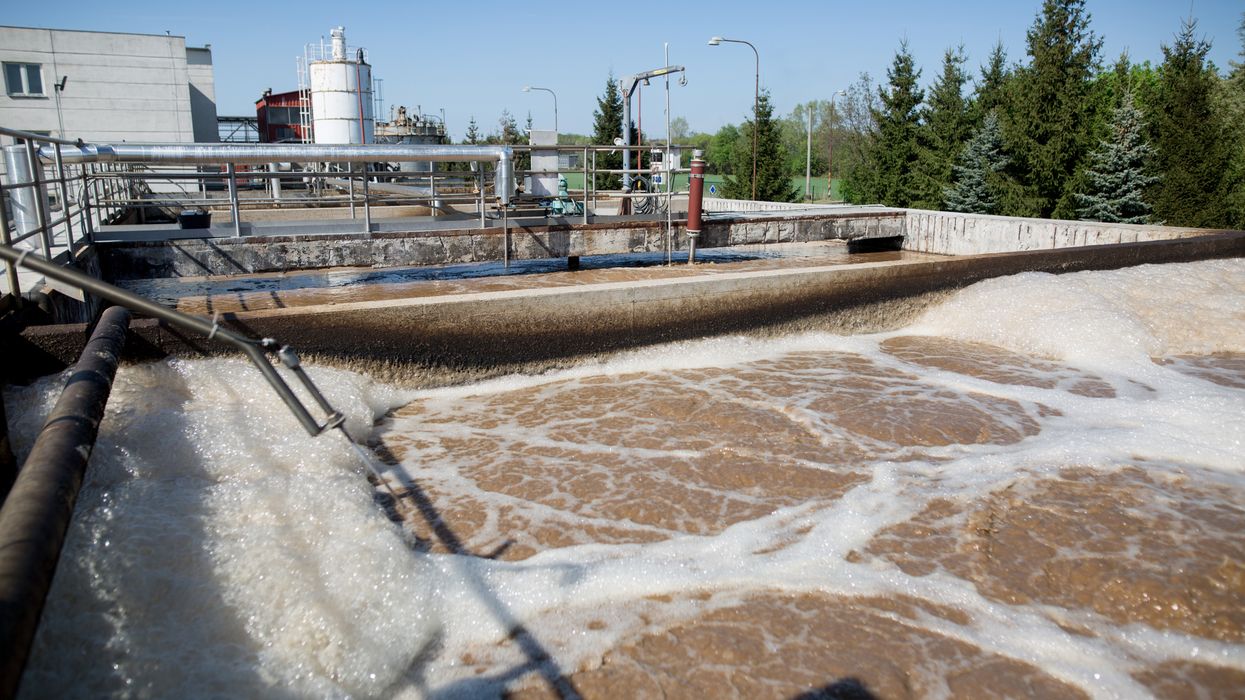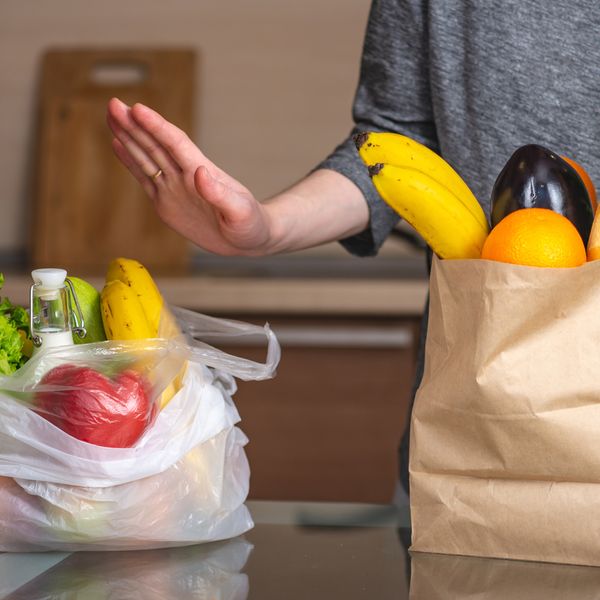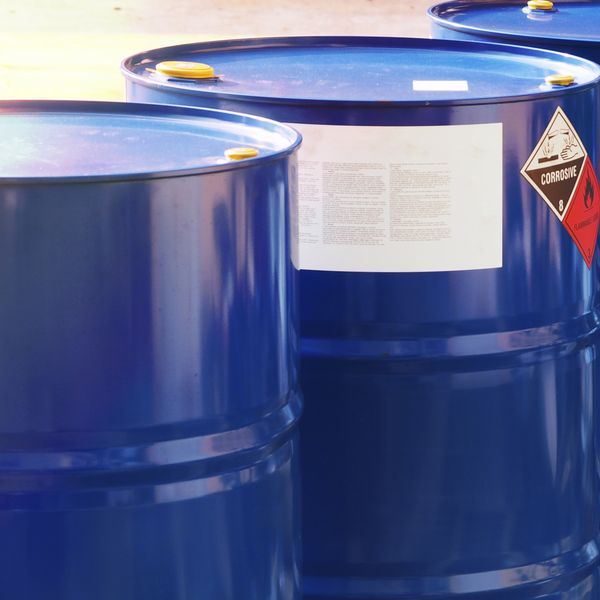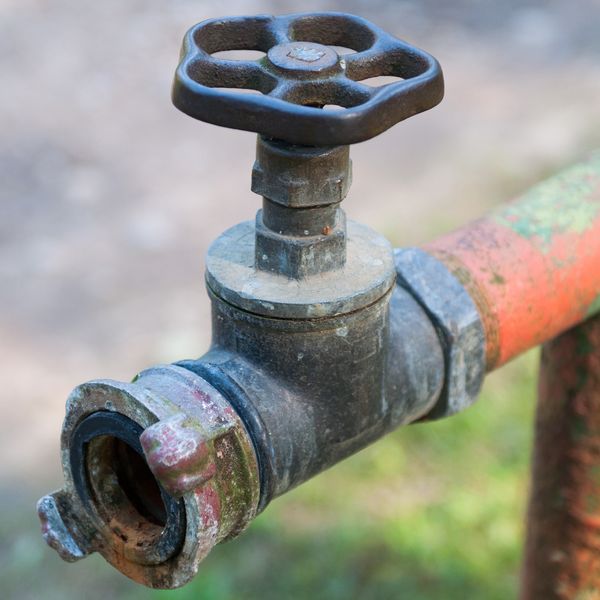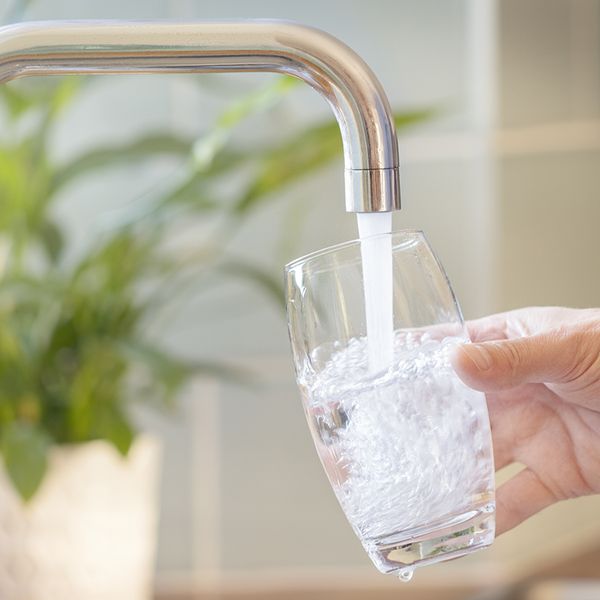State Updates
Draft NPDES permit here for NH, MA facilities
Small wastewater treatment plants in New Hampshire and Massachusetts may soon be covered by an updated National Pollutant Discharge Elimination System (NPDES) permit. EPA’s Region 1 Water Division released the Draft NPDES Small Wastewater Treatment Facility General Permit for discharges to certain waters in the commonwealths. The permit addresses effluent limitations, reporting requirements, and monitoring requirements.
Groups petition NY utility commission
Environmental groups asked the New York Public Service Commission (NYPSC) to plan for the effects of climate change on the state’s utilities. The groups want the NYPSC to direct every major utility to study the possible adverse effects of climate change on their operations. Each utility would be required to identify the conditions that pose risks to their assets and evaluate options to manage the risks.
EPA drills PA dentists on new rule
EPA contacted dentists throughout Pennsylvania through email and the mail to ensure they comply with the Dental Amalgam Rule that requires them to conduct best management practices to reduce mercury-containing amalgam waste from entering wastewater treatment systems. According to EPA, most wastewater treatment facilities are not designed to treat mercury-containing amalgam waste material. Mercury can find its way into the environment when dental work requires placing and removing fillings and flushing mercury-containing material into chair-side drains that enter the local sewer system.
NC simplifies construction air permit
North Carolina’s Air Quality Permitting Division revised the air construction permit application. Forms 2566, 2567, 2669, and 2670 have been consolidated into one document in response to requests from stakeholders. The new form allows the submission of required information electronically and better identifies required information and supporting documents.
IN produces list of dry cleaners past
The Indiana Department of Environmental Management has created a list of historic dry cleaners. The list was developed using past and current city directories, business directories, and telephone books. Listed sites include: cleaners, clothes pressers and cleaners, dry cleaners, garment pressing and cleaners, and laundries (including self-service). The point of the list is to identify possible areas of chemical contamination.
NM limits oil well venting and flaring
New Mexico officials adopted rules to limit most venting and flaring from oil and gas operators to reduce methane emissions. The Oil Conservation Commission says the rules are among the strongest in the nation. They apply to both the midstream sector, which collects natural gas from wells, as well as oil and gas production.
IA company cries over spilled milkshake additive
The Iowa Department of Natural Resources (IDNR) traced the source of milk-colored water in a tributary of Cheslea Creek to a fast-food ingredient distributor in Mason City. Employees said they had hosed spilled milkshake ingredient into a stormwater intake. From there, the ingredient surfaced in the tributary. The company must clean up and remove the impacted water from the stream.
WY governor promotes SCALE Act
Wyoming Governor Mark Gordon joined the governors of Oklahoma, Louisiana, and Pennsylvania in calling on Congress to approve the Storing CO2 and Lowering Emissions Act — a.k.a the SCALE Act. The legislation would support building infrastructure that would support carbon capture and sequestration. The governors urge passage of the bill which would interconnect carbon dioxide transports and storage to help the country reach net-zero emissions and meet climate goals.
AZ rolls out UST online services
The Arizona Department of Environmental Quality has created an online UST reporting portal that will be available this summer. The new UST services portal at myDEQ will allow UST operators to submit information on new tanks; notify ADEQ of temporary closures, modifications, and ownership changes; provide financial responsibility documentation; receive confirmations and deadline reminders; and access their facility information. UST owners should register for the system.
WA warns of haboobs
The Washington State Department of Ecology reminds residents that haboob season runs from Spring through Fall. Haboobs are massive dust storms that can be hazardous to human health and safety. Haboob safety tips include: staying indoors; closing windows, doors, and vents; covering your nose and mouth; wearing an N95 mask; and not driving when dust storms are likely.

